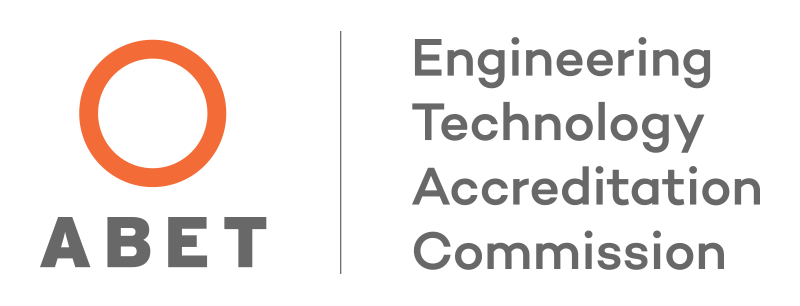
Bachelor of Science in Nuclear Engineering Technology
Bachelor of Science in Nuclear Engineering Technology

Talk with us.
Learn more about how our program works
and what you need to get started
Build a Powerful Career with a BS in Nuclear Engineering Technology
Excelsior University’s BS in Nuclear Engineering Technology program helps you hone the in-demand skills you need to build new opportunities in your nuclear career.
Our 100% online program is accredited by the Engineering Technology Accreditation Commission of ABET and instructed by faculty who have years of technical experience. With an industry-responsive curriculum that maps easily to U.S. Navy training and the experiences of those already working in the nuclear industry, you’ll build knowledge in key areas such as reactor operations, health physics, quality assurance, chemistry, and instrumentation and control.
Choose between two technical concentrations to diversify your skills or pursue the general option and design a study plan that fits your individual goals.
Dedicated Support
Here for you from start to finish
200,000+ Alumni
Join our global network
Start January 5
Courses start every 8 weeks
PROGRAM DETAILS
Online BS in Nuclear Engineering Technology.
- General Education33 Credits
- Major Core65 Credits
- University4 Credits
- Electives3 Credits
- Concentration15 Credits
Bachelor of Science in Nuclear Engineering Technology
Build a broad foundation in nuclear engineering technology with practical skills in blueprint reading, instrumentation and control systems, and energy fundamentals. Gain insight into infrastructure security and energy utilization to prepare for technical and operational nuclear roles.
Defend critical nuclear infrastructure against cyberthreats by mastering computer security fundamentals, legal and compliance frameworks, and defense-in-depth strategies tailored to the nuclear industry. Plus, explore business continuity planning and real-world case studies to safeguard nuclear operations against evolving digital risks.
Prepare for leadership roles and learn to address change management and risk assessment within the nuclear sector. Focus on organizational behavior, strategic leadership, and effective communication in nuclear environments to build confidence in managing teams and driving innovation in complex settings.
Explore Common Careers

Richard Rowe
Bachelor of Science in Nuclear Engineering Technology, 2024
Institutional Accreditation
Excelsior University is an accredited institution and a member of the Middle States Commission on Higher Education (MSCHE or the Commission) www.msche.org. Excelsior University’s accreditation status is accreditation reaffirmed. The Commission’s most recent action on the institution’s accreditation status on June 23, 2022 was to reaffirm accreditation. MSCHE is recognized by the U.S. Secretary of Education to conduct accreditation and pre-accreditation (candidate status) activities for institutions of higher education including distance, correspondence education, and direct assessment programs offered at those institutions. The Commission’s geographic area of accrediting activities is throughout the United States.
All of Excelsior University’s academic programs are registered (i.e., approved) by the New York State Education Department.
ABET Accreditation
Bachelor of Science in Nuclear Engineering Technology accredited by the Engineering Technology Accreditation Commission of ABET, https://www.abet.org, under the commission’s General Criteria and Program Criteria for Nuclear Engineering Technology and Similarly Named Programs.
FAQ
You can complete a bachelor’s degree program at Excelsior University in four years. Excelsior’s BS in Nuclear Engineering Technology program is 120 credits, and your time to completion depends on the amount of credit you transfer into the program and the number of courses you take per term.
In addition to the nuclear energy industry, NET graduates can find job opportunities in medical technology, research and regulation, and national defense.
Nuclear engineering professionals need a strong working knowledge of nuclear fundamentals along with mechanical and electrical systems skills. Analytical and problem-solving abilities, excellent math and physics knowledge, and high attention to detail are also important for career success.
Courses in Excelsior’s BS in Nuclear Engineering Technology program include:
- Introduction to Heat Transfer and Fluid Mechanics
- Electrical Theory
- Power Plant Components
- Reactor Core Fundamentals
- Health Physics and Radiation Protection
Excelsior’s BS in Nuclear Engineering Technology program offers three concentrations: Nuclear Leadership, Nuclear Cybersecurity, and General.
Yes, Excelsior University’s Bachelor of Science in Nuclear Engineering Technology program is accredited by the Engineering Technology Accreditation Commission of ABET, under the commission’s General Criteria and Program Criteria for Nuclear Engineering Technology and Similarly Named Programs.


